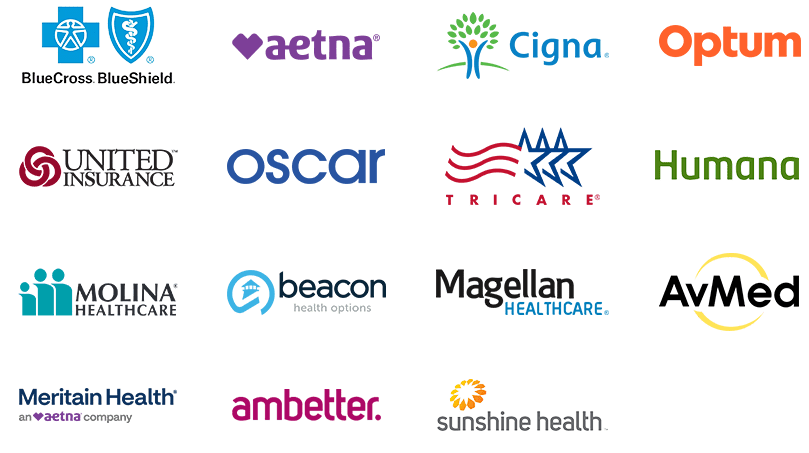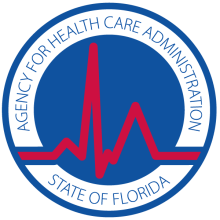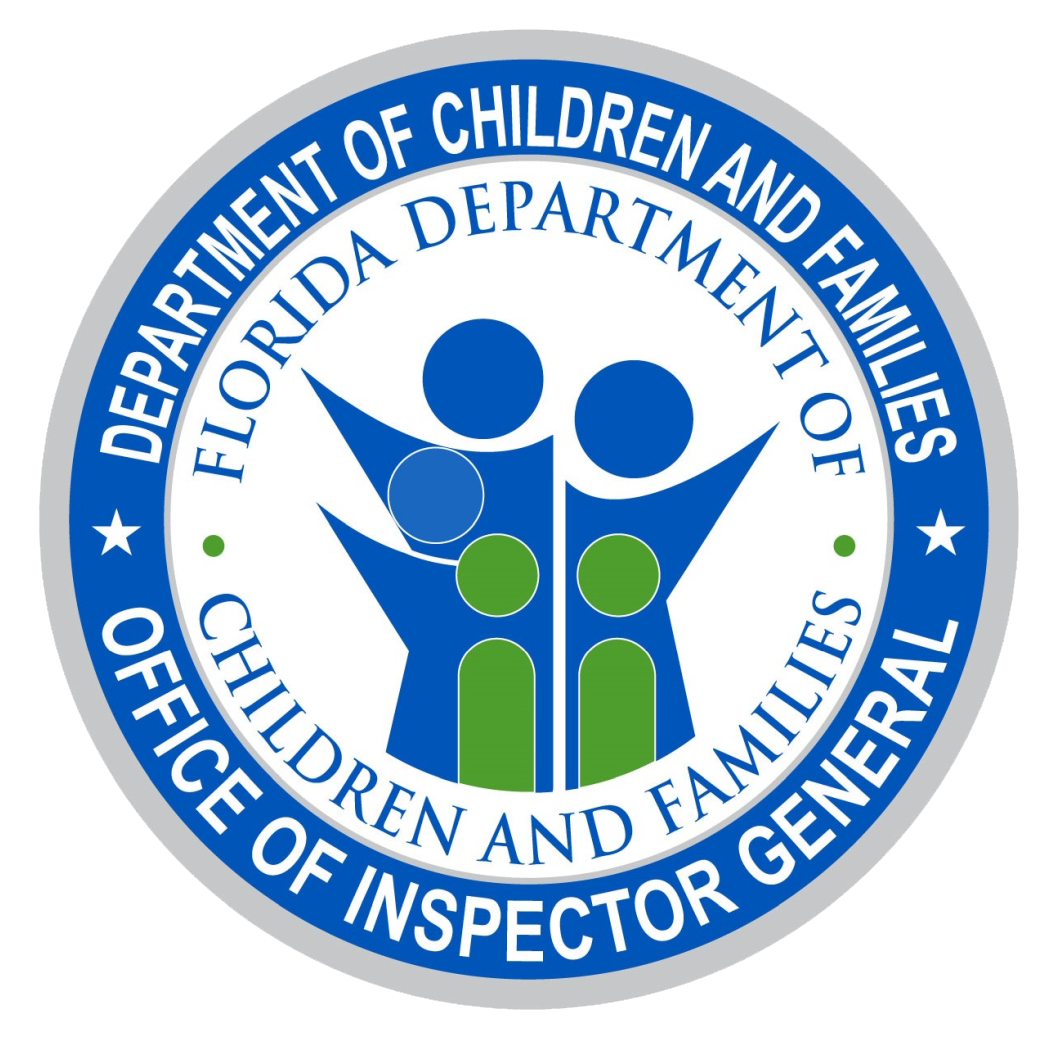
Contingency Management in South Florida
In Florida, where addiction rates have been a concern, contingency management programs, like the ones offered at our south Florida rehab, have been implemented to combat substance abuse and support individuals in their journey toward sobriety.
Contingency management is a behavioral therapy approach that utilizes a system of rewards and incentives to encourage individuals to abstain from substance abuse and adhere to treatment plans. Unlike traditional therapy methods that rely solely on counseling and medication, contingency management operates on the principles of operant conditioning, where desirable behaviors are encouraged through positive reinforcement.

With contingency management, participants are often rewarded for meeting predetermined goals such as:
- Attending therapy sessions
- Passing drug tests
- Engaging in healthy activities
- Being on time for meetings and events
These rewards can range from tangible incentives like vouchers, prizes, or cash, to privileges such as increased autonomy or access to special services.
Contingency management programs are centered around the belief that addiction is a learned behavior and that behavior can be changed through positive reinforcement and incentives.
What is a Contingency Management Plan For Recovery?
The first step in developing a contingency management plan is to identify measurable goals that reflect the individual’s treatment objectives and recovery priorities. These goals may include attending therapy sessions, passing drug tests, adhering to medication regimens, or engaging in healthy lifestyle activities.
Once the goals are established, a system of rewards and incentives is put in place to reinforce positive behaviors and motivate progress. Rewards can be provided on a predetermined schedule or given spontaneously to recognize exceptional achievements. Examples of rewards may include gift cards, vouchers for goods or services, privileges like extended visitation hours, or social reinforcements such as praise and recognition.
A contingency management plan for recovery is a structured program that outlines specific goals, rewards, and interventions designed to support individuals in their journey toward sobriety. Like other addiction therapy programs in south Florida, these plans are tailored to each participant’s needs and typically involve collaboration between the individual, their treatment providers, and their support network.

In addition to rewards, contingency management plans also incorporate strategies for addressing setbacks and promoting accountability. Participants may face consequences for failing to meet their goals, such as loss of privileges or increased monitoring. However, the focus remains on supporting the individual in learning from their mistakes and making positive changes moving forward.
Overall, a contingency management plan for recovery provides a structured framework for promoting sobriety and empowering individuals to take control of their lives.
What Are Examples of Contingency Management?
Some common examples of contingency management interventions include:
- Voucher-Based Reinforcement – Participants earn vouchers for meeting treatment goals, which can be exchanged for goods or services such as groceries, movie tickets, or clothing. The value of the vouchers increases with each consecutive goal achieved, providing escalating incentives for sustained progress.
- Prize-Based Contingency – In this approach, individuals have the opportunity to win prizes through a drawing or lottery system. Each time a participant meets a treatment goal, they earn a chance to win a prize of varying value. This method adds an element of excitement and anticipation to the reinforcement process, motivating participants to stay engaged in their recovery.
- Token Economy – Token economy systems involve earning tokens or points for engaging in positive behaviors, which can then be exchanged for rewards or privileges. Tokens may be awarded for attending therapy sessions, passing drug tests, completing homework assignments, or participating in group activities. This approach provides a clear and immediate reinforcement for desired behaviors, encouraging consistency and compliance.
- Social Reinforcement – In addition to tangible rewards, social reinforcement plays a crucial role in contingency management programs. Participants receive praise, encouragement, and support from peers, family members, and treatment providers for their achievements and progress. Positive social interactions help to reinforce the value of sobriety and build a supportive community around the individual.
While these are just a few examples of contingency management interventions, these examples illustrate the diverse range of incentives and interventions used in contingency management programs to promote recovery and foster positive change.
How Does Contingency Management Differ From Other Addiction Therapy Approaches?
What makes contingency management different from other types of therapy is the unique emphasis it places on positive reinforcement and behavioral modification. Unlike traditional counseling, which focuses on exploring underlying issues and emotional triggers, contingency management primarily targets observable behaviors and rewards tangible achievements.
Additionally, while therapies like cognitive-behavioral therapy (CBT) and motivational interviewing address the psychological aspects of addiction, contingency management complements these approaches by offering a practical, incentive-based solution for immediate behavior change.
Finally, unlike many other forms of therapy, contingency management offers a proactive approach to addressing relapse prevention. For example, instead of waiting for a setback to occur, contingency management encourages participants to actively engage in healthy behaviors and provides incentives for maintaining sobriety. This proactive stance can be particularly beneficial in preventing relapse and sustaining long-term recovery.
Is Contingency Management Effective In Treating Co-Occurring Disorders?
For those suffering from a substance use disorder and a mental health condition concurrently, contingency management may also be an effective form of treatment for them. Our dual diagnosis program in south Florida utilizes contingency management and other therapeutic modalities.
Studies have shown an uptick in attendance for therapy appointments among those participating in a contingency management program. Additionally, contingency management has been proven to be effective in those suffering from a substance use disorder and depression or anxiety.
What To Expect in Principle Recovery’s Contingency Management Program
At Principle Recovery, we understand the importance of providing comprehensive support and personalized interventions to help individuals overcome addiction and reclaim their lives. Our contingency management program is designed to empower participants with the tools, resources, and incentives they need to achieve and maintain sobriety.
When you enroll in Principle Recovery’s contingency management program, you can expect:
- Personalized Treatment Planning – Our experienced team of clinicians will work with you to develop a customized treatment plan tailored to your unique needs, preferences, and goals. We’ll collaborate with you to identify specific behaviors to target, establish realistic objectives, and design a contingency management plan that aligns with your recovery journey.
- Structured Rewards and Incentives – You will have the opportunity to earn rewards and incentives for meeting treatment goals and milestones. Whether it’s through voucher-based reinforcement, prize drawings, or token economies, we’ll provide tangible incentives to motivate your progress and celebrate your achievements along the way.
- Ongoing Support and Accountability – Throughout your participation in the program, you’ll receive continuous support and guidance from our team. We’ll monitor your progress, provide feedback, and offer encouragement to help you stay on track and overcome any challenges that arise.
- Comprehensive Treatment Services – In addition to contingency management, Principle Recovery offers a full spectrum of addiction treatment services to address the physical, psychological, and social aspects of substance abuse. From individual therapy and group counseling to medication-assisted treatment and aftercare planning, we’re committed to supporting your holistic recovery journey.
- Positive Community Engagement – Our program fosters a supportive community environment where participants can connect with peers, build meaningful relationships, and receive social reinforcement for their sobriety efforts. Through group activities, peer support groups, and community events, you’ll have opportunities to engage with others who share similar experiences and goals.
Insurance Can Help Cover
the Cost of Treatment at PRC.

WE’VE GOT
YOU COVERED!
Insurance coverage for treatment is within reach. We are in-network with most insurance carriers in south Florida.
Are You Interested in Contingency Management at Principles Recovery Center?

Not every type of treatment works for every person. While some may thrive in a more traditional therapeutic setting, others may respond better to the positive reinforcements and incentives offered by contingency management. By harnessing the power of positive reinforcement, individuals can be empowered to make meaningful changes in their behavior and achieve lasting recovery.
At Principles Recovery, we understand that what may work for one person might not work for another. That’s why we offer a number of treatment options including contingency management including:
- Individual, group, and family therapy
- Cognitive-Behavioral Therapy
- Motivational Interviewing
- Dialectical Behavioral Therapy
- Holistic and Alternative Therapy
If you or a loved one are in need of treatment, contact us today. Through tailored programs such as Principle Recovery’s contingency management program, individuals in south Florida have access to comprehensive support and resources to navigate their journey toward wellness and sobriety.
CREDENTIAL HIGHLIGHTS



